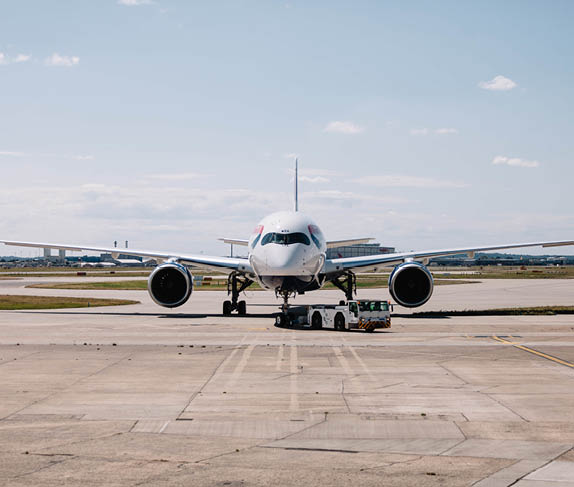The European Court of Justice (ECJ) today announced their ruling on the Van der Lans V KLM case saying:
‘Article 5(3) of Regulation (EC) No 261/2004 of the European Parliament and of the Council of 11 February 2004 establishing common rules on compensation and assistance to passengers in the event of denied boarding and of cancellation or long delay of flights, and repealing Regulation (EEC) No 295/91 must be interpreted as meaning that a technical problem, such as that at issue in the main proceedings, which occurred unexpectedly, which is not attributable to poor maintenance and which was also not detected during routine maintenance checks, does not fall within the definition of ‘extraordinary circumstances’ within the meaning of that provision.’
This news will come as a huge shock for airlines who have tactically used the Van der Lans V KLM case as a reason to slow the flight delay compensation process to a standstill.
Earlier this year a judge in Liverpool County Court threw out applications by Jet2, Ryanair, Flybe and Wizz Air to keep claims on hold until the Van der Lans V KLM was decided. He said cases should be settled in line with existing passenger-rights rules contained within EC Reg 261/2004. The Civil Aviation Authority also said that there was no reason for airlines to place claims on hold and that it expected them to pay passengers the compensation they are due.
“Extraordinary circumstances has been an airline’s only defence against paying out flight delay compensation,” said Adeline Noorderhaven, Manager EUclaim, UK. “It really is time that airlines adhered to EC Regulation 261/2004 and stopped trying to wriggle out of paying air passengers compensation for the inconvenience of their delay. As an estimate the back log in compensation pay outs could be in the region of €400 million per year.”
The issue behind the Van der Lans case was whether a technical problem that arises spontaneously, as opposed to one which is detected during routine maintenance, is an extraordinary circumstance under EU Regulation 261/2004.
At the ECJ hearing in Luxembourg on May 7, KLM upheld that a technical defect is ‘unforeseeable’ and should therefore be deemed extraordinary and thus air passengers are not entitled to flight delay compensation. The airline maintained that it is unable to hold its suppliers liable for damages as warranties for parts are not provided. The EU judges asked KLM where within Regulation 261 the relation between ‘unforeseeable’ and ‘extraordinary circumstances’ is described. At the hearing KLM were unable to direct the judges to the reference and could not answer the question. The EU judges responded that airlines know that technical defects do happen so they cannot be seen as ‘unforeseeable’.

